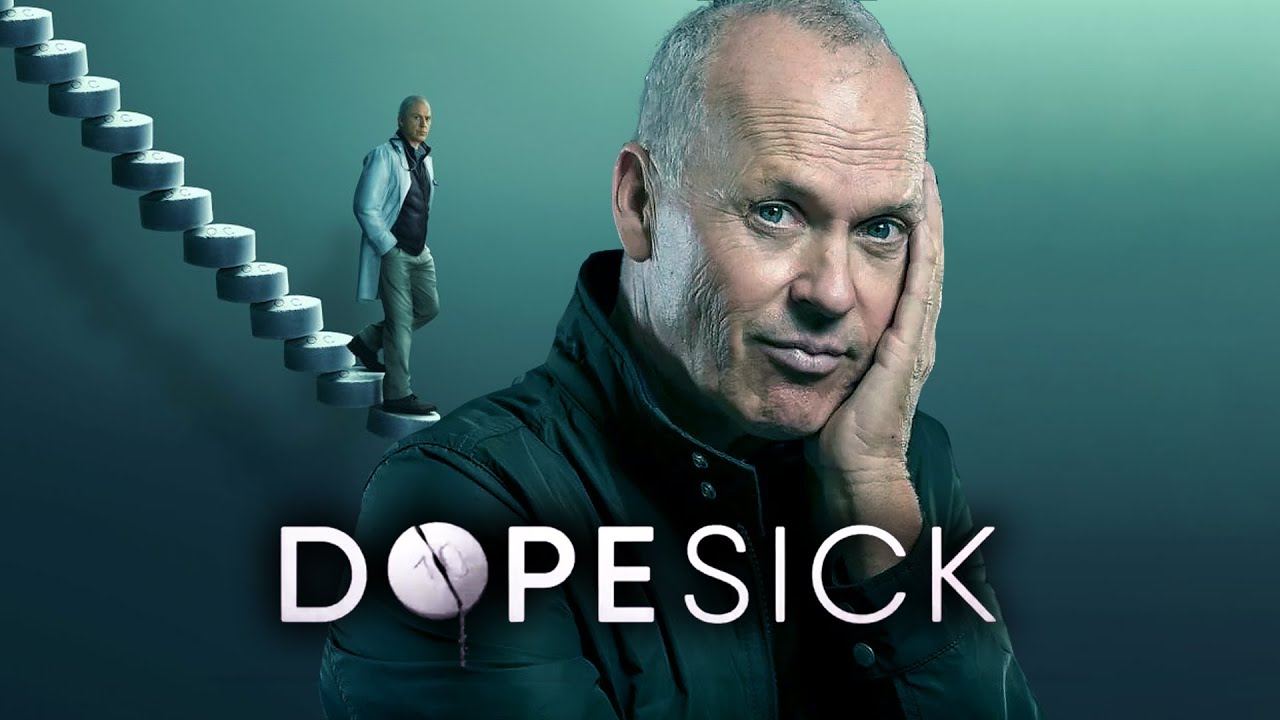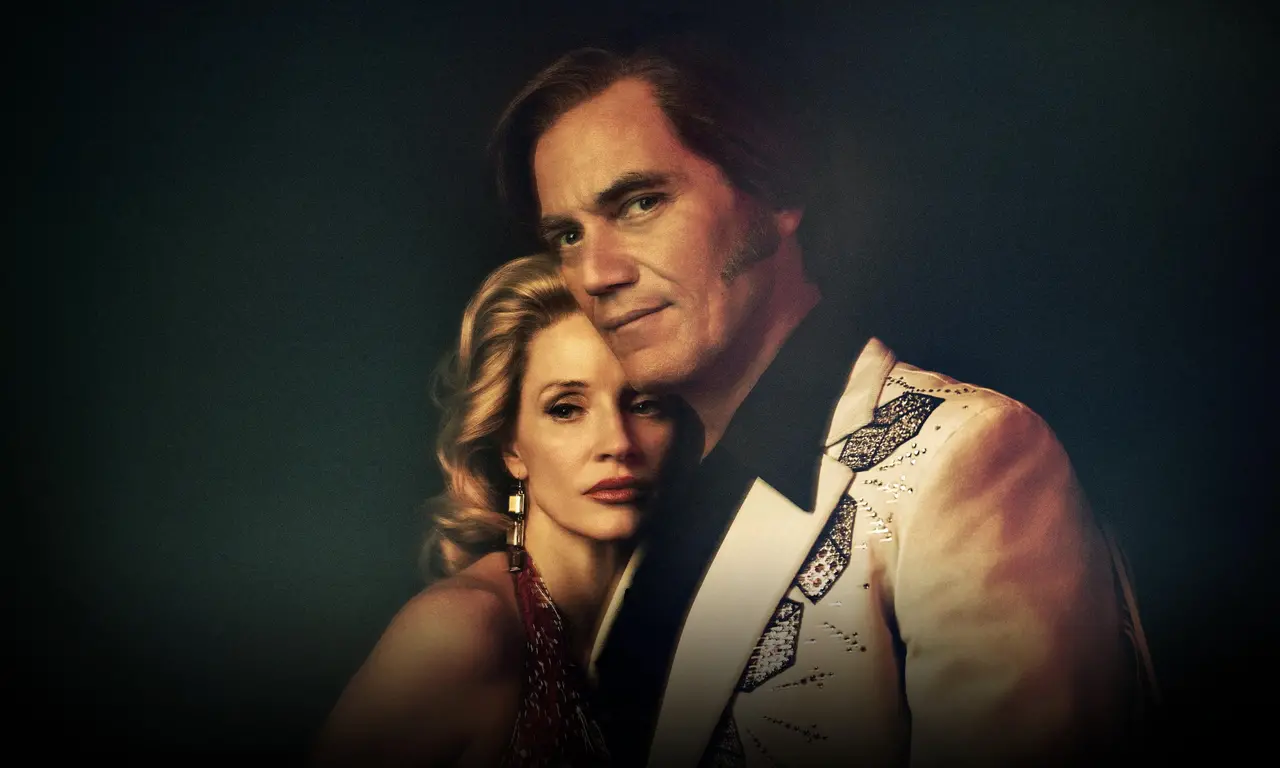THE CINEMATIC SHIFT AFTER SEPTEMBER 11, 2001…
It was like something out of a movie, watching the collapse of the World Trade Center on September 11, 2001, and the destruction of the Twin Towers using planes when terrorists attacked them with our passenger airliners and flew them into the buildings. The events of that day were met by viewers with shock and horror, some witnesses couldn’t believe the attacks on the World Trade Center were happening. If you were watching NBC‘s, Today show on that fateful morning, you could see the second plane descending from the top right of the screen before the camera fades out. Witnesses often share the most common responses to that day, be it witnesses on the streets of New York City, or more distant viewers from their television screens across the nation. Their reactions were that of something they could have only viewed in an action film movie, and the disbelief over the catastrophic tragedy of that September day still resonates 21 years later.


TERRORISTIC FLATTERY…
Robert Altman, the veteran director of 1970s, M*A*S*H, said one month after the attacks, that they were representative of, the art of film being imitated by the terrorists, in the most tragic of life:

Altman told the Hollywood Reporter, on October 18, 2001: “The movies set the pattern, and these people have copied the movies. Nobody would have thought to commit an atrocity like that unless they’d seen it in a movie. How dare we continue to show this kind of mass destruction in movies? I just believe we created this atmosphere and taught them how to do it.”

THINGS THEY ARE A CHANGIN’…
With the raw emotions of a nation distraught, angered, and frightened by the most violent attack by a foreign country on American soil in our nation’s history, it was time for a change at the theaters. If the attacks truly did represent that of a movie and imitation is the best form of flattery, Hollywood responded immediately to the notion that the attacks were modeled after American disaster films. Any films that were being released by studios, in the aftermath of 9/11, could not remind the viewers of the tragedy of that day in any way. Hollywood worried that any similarities to the violence of that day could trigger viewers’ trauma of the event and profits would no doubt suffer as any film depicting the attacks in any similar fashion would be deemed in poor taste and offensive to the over 3,000 lives lost on that day.

TRYING TO ERASE THE MEMORY…
Representations of the World Trade Center became non-existent. The opening credits to the most watched cable show at the time, HBO’s The Sopranos, edited the credit scene of Tony Soprano driving from New York City to New Jersey down the turnpike, to omit a scene showing the twin towers in Tony’s rearview mirror for its fourth season. Sex and the City was also airing on HBO and set to begin its fourth season in January 2002 and contained numerous shots in the series season of the World Trade Center, all of these shots were edited out before the show premiered. And the shots in the opening credits of the Twin Towers were replaced with shots of the Empire State Building.







A WEB OF PROBLEMS…
An early 2001 teaser trailer for Spider-Man, starring Toby Maguire, set to release in 2002, saw the teenage web-slinger catching a flying helicopter in between the Twin Towers. The trailer was removed by the studio following the attack on the World Trade Center, and a new trailer was produced for viewers. Any shots of the twin towers were then edited from the final film before its release. That editing included a teaser poster that included the Twin Towers. The World Trade Center final scene that was originally scheduled to appear with Spidey hanging from them, was replaced with a patriotic scene of Spider-Man hanging from a flagpole waving the American flag, there is a brief moment in the film though where the Twin Towers are reflected in Spider-Man’s lenses.





A SCENE IN BLACK…
The climactic final scene of Will Smith’s 2002 sequel, Men in Black II, had to be reshot and edited since it included the World Trade Center opening up and releasing a swarm of UFOs. In post-production, the director, Barry Sonnenfeld, chose to swap out the Twin Towers for the Statue of Liberty as the final climactic scene of the film. And the director also had editors remove any hint of the Twin Towers and substituted them with other New York City landmarks, so as not to evoke 9/11 in any way.







A MORATORIUM ON MEMORIES…
Many other films, television series, and even video games adjusted their productions, to omit the World Trade Center from scenes or storylines, and any mention of terror attacks, bombs, or hijacking of planes was also removed from storylines to keep from triggering any viewer who might watch and think about, be a victim of, or lost a loved one as a result of September 11, 2001. This effort by Hollywood, allowed people to grieve the immense loss of life and events of that day, and keep from offending any of the victims, by consistently removing the World Trade Center from films and TV for about six years.


















A TRAUMATIC MEMORIES RESILIENCY…
In 2006, A moratorium on the Twin Towers in a film would be lifted it seemed when the World Trade Center would be digitally restored, for Oliver Stone’s drama, World Trade Center, which reconstructs the events of that day, through the point of view of the Port Authority Police Department, and their families who were discovering they were in the buildings as part of the rescue effort on that day. The film told the courageous and amazing story of two policemen, in particular, Will Jimeno, played by Michael Peña, and John McLoughlin, played by Nicolas Cage, who are the numbers 18th and 19th out of only 21 survivors, that were rescued from the rubble of the collapsed towers after they were trapped in the North Tower of the World Trade Center when the South Tower collapsed. The two men were trapped fifty feet below the rubble in an elevator shaft on the Concourse and B-Levels that they sought refuge in as the Twin Towers began to crumble above them.
























HEROIC RESILIENCY DESPITE THE ODDS…
United 93, which was directed by Paul Greengrass, told the story of the brave passengers aboard the doomed flight who overcame the terrorists and crashed the 747-passenger airliner into an open field in Shanksville, PA. The passengers managed this after charging the cockpit and fighting the terrorists to avoid the intended target of The White House, or The United States Capitol Building in Washington, D.C. The film looked at the resiliency of those Americans as an act of terrorism was occurring, and the sacrifice they choose to make to protect the intended targets. The film also showed viewers events of the flight that had been reported for six years but never seen.





















THE LOOMING MORALITY…
There was moral dilemma that followed the tragedy and the increasingly complex arena of filmmaking after 9/11, you had a national tragedy that was wrought with difficult geopolitical entanglements and the failings of a government surrounding the events of that day, and victims you don’t want to offend in the process. According to the 2018 Hulu Original mini-series, The Looming Tower, which dramatized the 2007 Pulitzer Prize-winning book, The Looming Tower: Al Qaeda and the Road to 9/11, written by Lawrence Wright. The book details that the signs were present years earlier, warning of an impending attack but missed due to bureaucratic and intelligence agencies and a squabble over that intelligence and who gets to have it, use it, and claim it. And the book is written based on five years of intelligence and interviews provided from ten countries. As a result of these findings and that of the 9/11 Commission Report, the films that were produced after September 11, 2001, in Hollywood, showed a yearning by a grieving nation for unrelenting heroism, with a government that remains effectual in crisis and has an appropriate response to National Security threats. No matter how fake the event was on screen, these were the themes used in handling a disaster crisis in later films.














THE DECADES-LONG JUSTICE…
The United States would first have widespread support for invading Afghanistan in 2001 and Iraq in 2003. At least half of the US backed a military response to the 9/11 terrorist attacks, but as the war waged on for years and into decades, that support declined in a significant manner. The moral ambiguity of the terrorist attacks and how we responded militarily in the Middle East, were reflected in the fact-based dramas of Kathryn Bigelow’s 2008 Best Picture-winning film, The Hurt Locker, and her 2012 film, Zero Dark Thirty, which recounts the events leading up to and the mission that killed Osama bin Laden. While films like the 2015 drama, Eye in the Sky, captured long-range drone warfare, and a military fighting tactic that has an impersonal point of view. And over in the neighborhood of scripted Television, the hugely popular SHOWTIME Original Series, Homeland, which aired from 2011- 2020, looked at the entanglement of American C.I.A. Operatives and Iraqis, Afghanis, and Russians in the gray area of counter-terrorism relations and the radicalization of American Soldiers abroad who return home to the US to commit terrorism.





























WAR’S TIMELINE OF PERSONALITY…
How terrorists are portrayed in films and television has always seemed to mirror the war or conflict we were fighting in or have fought in, making the enemy recognizable to the viewer watching. Films and Television have often cast villains that are similar to the enemies we defended against as a nation. But the way terrorists are cast in films and television has always come under scrutiny for lacking any substance to build on as it pertains to the character and their justified reasons and psyche. Protagonist terrorists in films and television are not usually written with character development and only serve to contrast with that of the American Antagonist portrayed on screen. In the 1980s, we saw this in Bruce Willis’ Die Hard, and the German villains that we didn’t know much about besides they wanted $640 million in negotiable bearer bonds. The 1980s also saw a slew of bad guys as Germans, as a result of World War II, while a slew of other films in the late 1970s dealt with the Vietnam War. And in the 1990s, terrorists were cast as Muslim or Arabic, like the terrorists in James Cameron‘s True Lies, as a result of the Gulf War and what the most recent enemy looked like. After 9/11, Hollywood films equated terrorism with jihadism, and would again cast terrorists as Muslims or Arabic. For example, Clint Eastwood’s 2014 film, American Sniper, tells the story of Chris Kyle, played by Bradley Cooper, who is the U.S. military sniper with the most recorded kills, during the campaigns of Afghanistan and Iraq. He is still to this day, considered one of the most lethal soldiers in US military history. And the enemy combatants are often called savages in the film by Kyle, critics felt this was an unnecessary characteristic that was made, because it inaccurately labels all of muslims savages, rather than that of the Al-Qeada and terrorist cells.















A TRAGIC PSYCHE…
One of the most significant tragic events of the 21st century will remain, the terrorist attacks on September 11, 2001. The attack on the United States Capitol on January 6, 2021, after Americans were outraged at the election results and its certification, pales in comparison to the events of 9/11. People died on 1/6, but September 11, 2001, is the most lives lost in one day on American Soil. The tragedy of that day is the equivalent of the John F. Kennedy Assassination, and whether or not a person has a memory of the events directly or through word of mouth. Most people remember what they were doing when both events occurred and they found out about them. 9/11 is used with Generation Z and distinguishes those millennials, and whether they were alive and experienced the event or if they were born later and taught about the attacks in school.



















THE CHANGING TIDE OF FEAR AND FREEDOM…
With the world witnessing the chaos that unfolded in Afghanistan when the US and British withdrew their forces, and the takeover of Afghanistan by the Taliban within days of their military presence gone, it is still not obvious how Hollywood will deal with 9/11 in the next decade, but also ongoing foreign relations with National Security ramifications. Some of the language and rhetoric used in the days after the events of 9/11 have been called into question in recent years in Hollywood, and most recently in the media with the events of 1/6, and how the language and rhetoric used with a large audience, will no doubt influence them in some way. The 2021 Disney+ series, Loki, even questions George W. Bush’s statement of “freedom itself was attacked this morning,” challenging the notion of that liberating word.
Loki, played by Tom Hiddleston says in a scene:
“the first and most oppressive lie ever uttered was the song of freedom. For nearly every living thing, choice breeds shame and uncertainty, and regret. There’s a fork in every road, yet the wrong path always taken.”
Thereby, questioning the weaponization of the word freedom in recent years and lately, how it has been increasingly used to justify acts of homegrown terror spun out of also weaponizing fear among Americans politically.














MY REFLECTING CONCLUSION…
We don’t yet know how Hollywood will deal with the murky water of freedom and victory, in the current political climate of a divided America. We don’t yet know how they will define it in films and Television when so much of the country is divided on the definitions of Facts, Freedom, and Elections. All Hollywood can hope for is that the United States unifies in its understanding of these words, and remembers its united triumphs in such a nation of tragedy after September 11, 2001, before we’re no longer a country of freedom, but rather a country battling for the soul of a nation fighting amongst ourselves as we did once before.




